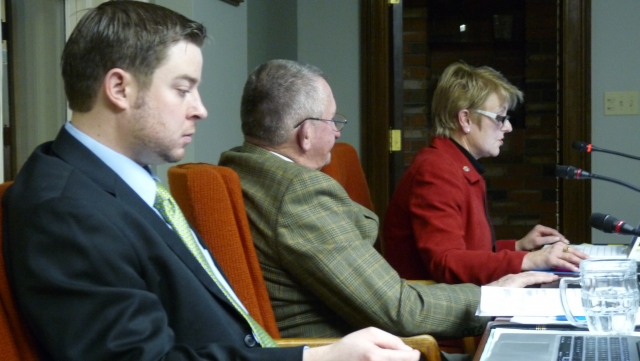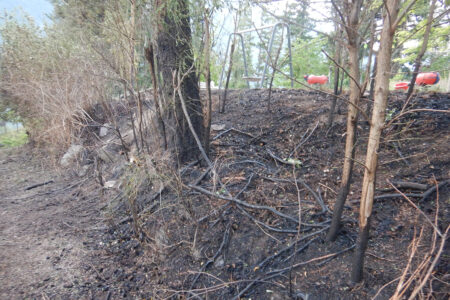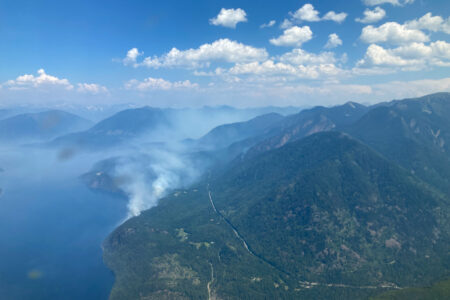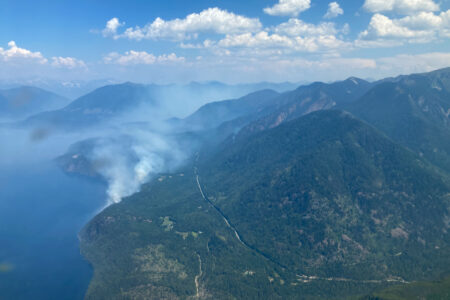Rising rates ring in 2013
Ringing in the New Year with electrical rate increases has been an ongoing trend for Grand Forks over the last three years and 2013 is no exception.
FortisBC is hiking rates by as much as 6.6 percent backdated to January 1. Following suit, increases for electrical users in Grand Forks come into effect after next council meeting when the rate bylaw is anticipated to pass its final reading.
The city’s electrical utility consultant, Alex Love, provided a detailed report to council recommending a rate increase of 6.6 percent for residential and 4.5 percent for commercial customers. These increases keep the city’s charges at 98 percent of FortisBC’s (FBC) customer charges.
“Since power purchase is about 75 percent of the utility operating costs we can estimate the financial performance over 2013,” said Love in his report.
“We looked at a few options for what we could do for residential and commercial. There should be no need for further rate adjustments throughout the 2013 calendar year as there are no further rate changes from FBC expected.”
Love also explained that for the average customer bill of $100 the increase would amount to about $6.00. He anticipates that after expenses there will be a city surplus of about $1 million for electrical services. In past years city council has voted to use all surplus funds to balance needed revenue for their budget and reduce the tax burden of residents.
Councillor Michael Wirischagin challenged the rate increase for commercial users questioning the bylaw policy for increases. While FortisBC commericial users are seeing reduced rates, but the recommendation from Love is for an increase.
“It’s very difficult to compare our rates with Fortis’ commercial rates because we have a very different rate structure,” responded Love. “Fortis has many commercial rates, not just one. Many of them have demand charges which are pretty common for commercial rates. What is unique is that we do not have demand charges.”
As a result, said Love, any comparison needs to be based on energy charges which are higher in Grand Forks than under Fortis, but Fortis would add on a demand charge which can be as high as 20 percent. So direct comparisons are not possible.
“The reason we arrived at 4.5 (for commercial increases) is because that’s what our actual increases in costs are for operating the utility,” Love added.
The bylaw approving the rate increases passed first three readings at the meeting Monday, Jan. 14 with Wirischagin registering a vote against each reading.
Since 2010 residential electrical rates have increased 17.8 percent. Adding the proposed increase will take the total up to 24.4.























